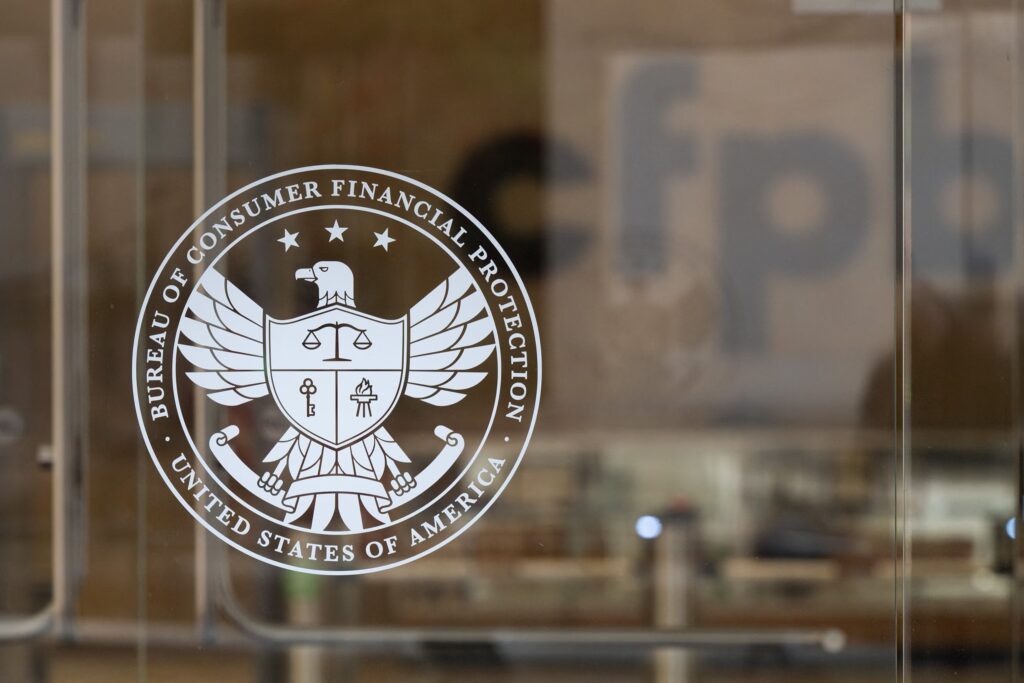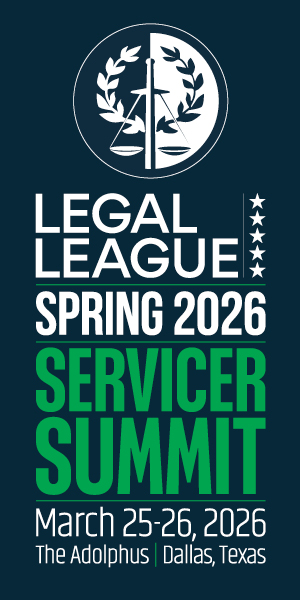Even as the Consumer Financial Protection Bureau’s future hangs in the balance, it continues to advance a controversial revision of its open banking rule—a policy that will determine how consumers can authorize third parties, such as lenders or fintech platforms, to access their financial data.
In an October statement, Consumer Reports urged the Bureau to maintain strong consumer protections, warning that any softening could erode trust and limit consumer control. The organization emphasized that consumers “should not be forced to pay for access to their own financial data” and called for clear rules around security, privacy, and interoperability.
Mortgage lenders and servicers have a direct stake in the outcome. Access to verified, consumer-permissioned data could dramatically streamline income and asset verification, reduce documentation friction, and improve loan cycle times. However, if banks are permitted to charge access fees or impose proprietary formats, those costs could trickle down through loan pricing and operational overhead.
Fintechs Push Back as Banks Seek Control of Data Flow
A coalition of fintech, crypto, and digital financial firms has voiced concern that large banks are lobbying to limit third-party access to consumer financial data—potentially reversing a decade of progress in financial innovation. As reported by CryptoDnes, these groups argue that imposing fees for data sharing or restricting API access would “choke off competition” and undermine the intent of Section 1033 of the Dodd-Frank Act.
Fintech advocates point out that over 100 million U.S. consumers already rely on apps and platforms built on open-data frameworks. For mortgage technology firms, such platforms underpin everything from real-time account verification to alternative credit modeling. If the CFPB’s rule is weakened—or the agency itself is disbanded—many of these systems could lose regulatory legitimacy, forcing lenders to navigate a fragmented patchwork of private agreements and state-level oversight.
Credit Unions Renew Push to Ease HMDA Burdens
Parallel to the open banking debate, credit unions and small lenders are lobbying for relief from Home Mortgage Disclosure Act (HMDA) reporting obligations. According to CU Today, America’s Credit Unions has petitioned Acting Director Russell Vought to raise the reporting threshold for closed-end mortgage loans from 25 originations to at least 500.
The group contends that the current threshold captures institutions too small to contribute meaningful market data while imposing disproportionate compliance costs. With the CFPB’s regulatory infrastructure now in flux, the petition also raises a broader question: who will oversee HMDA compliance—or recalibrate these thresholds—if the Bureau ceases to exist?
For smaller originators, the implications are immediate. Higher thresholds would reduce compliance overhead, potentially freeing up capacity for lending in rural and underserved markets. But absent a functioning CFPB, any relief could stall indefinitely in administrative limbo.
Regulatory Crosscurrents: What Comes Next
The mortgage industry now faces a paradox: regulations in motion amid an agency in collapse.
If the CFPB’s dissolution proceeds, responsibility for ongoing rulemakings—including open banking, HMDA modernization, and servicing oversight—could shift to the Federal Reserve, the OCC, or the FDIC. None currently has the infrastructure to administer consumer-facing supervision at CFPB’s scale.
The intersection of open banking, HMDA reform, and the CFPB’s potential shutdown underscores how intertwined regulatory design and market function have become. For mortgage and housing finance professionals, the question is no longer just how to comply—but who, ultimately, will set the rules.
If the Bureau disappears, it won’t just mark a shift in enforcement—it could redefine the balance of power across the financial ecosystem, from community credit unions to global banks, and from traditional servicers to the fintechs driving the next generation of mortgage technology.









